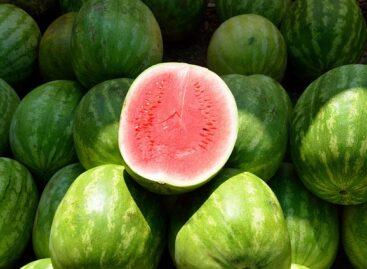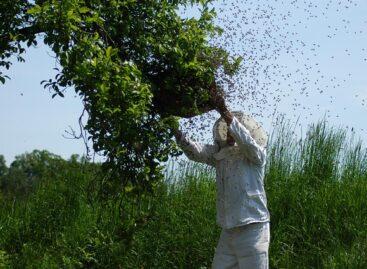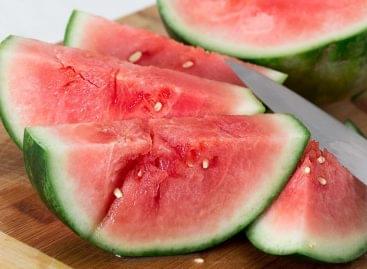What will happen to Italian people favorites foods if there is not enough pasta and tomato sauce?
A 100 percent increase in utility costs awaits Italians returning from vacation, and the price of food, public transportation, and textbooks will continue to rise, the daily newspaper La Repubblica reported on Sunday.

The production of traditional Italian foods also had to be slowed down (Photo: Pixabay)
According to data from the authority responsible for energy services (Arera), quoted by La Repubblica, the price of natural gas will rise by another hundred percent from October. Another increase in food prices is expected as early as September, and according to forecasts, Italians will have to expect a price increase of around 10 percent.
Starting school is also very stressful for Italian families
Starting school is a special burden for families: the price of textbooks and school supplies can rise by at least 3 percent, and the costs of public transportation by up to 13 percent. The consumer protection association Unione Consumatori calculates that families may be burdened with more than 2,000 euros, or HUF 800,000 in additional expenses in the fall.
Factories produce less as a means of saving
Antonio Gozzi, president of the Federacci representing the steel sector, expressed his concern, according to whom metallurgy could be one of the first to stop production if there is not enough gas or it becomes unaffordable. The president of one of the largest wholesale distributors, the Vege Group, Giovanni Arena, said that tomato processing plants and pasta factories have already slowed down production due to high energy prices, “otherwise it is not worth it for them”. The national inflation rate reached 7.9 percent, with significant regional differences, in southern Sicily, for example, it already approached 10 percent in July.
Italian agriculture also suffered serious damage
The rise in energy and raw material prices started at the end of last year, and we were able to hold them back for a long time, but the war in Ukraine and the drought dealt us a final blow. We also have to import products that were previously produced in sufficient quantities, such as rice. – said Maura Latini, managing director of the agricultural chain Coop. The Sunday issue of the daily newspaper Corriere della Sera reported on the situation at the Ceramiche Noi ceramics factory in central Italy, where workers were switched to the morning shift due to lower energy prices during the day. The plant paid an energy bill of 187,000 euros in 2021, and already 327,000 euros in the first half of this year.
MTI
Related news
Hungarian melons can regain their lost export markets, according to producer associations
Hungarian melons can regain their export markets, a third of…
Read more >István Nagy: the Hungarian government is not standing idly by in the drought situation
The Hungarian government is not standing idly by in the…
Read more >OMME: Contact a specialist if you spot a swarm of bees
In the spring and summer, bee swarm sightings increase, and…
Read more >Related news
Drought, technological competition and collaboration: the domestic melon season has begun
The 2025 Hungarian melon season starts amidst serious challenges: the…
Read more >Leadership change at Fornetti: Nándor Szabó is the new Managing Director
Nándor Szabó will take on the role of CEO of…
Read more >Change in Zwack management: Csaba Belovai is the new CEO of Zwack Unicum Plc.
According to the decision of the owners of Zwack Unicum…
Read more >






